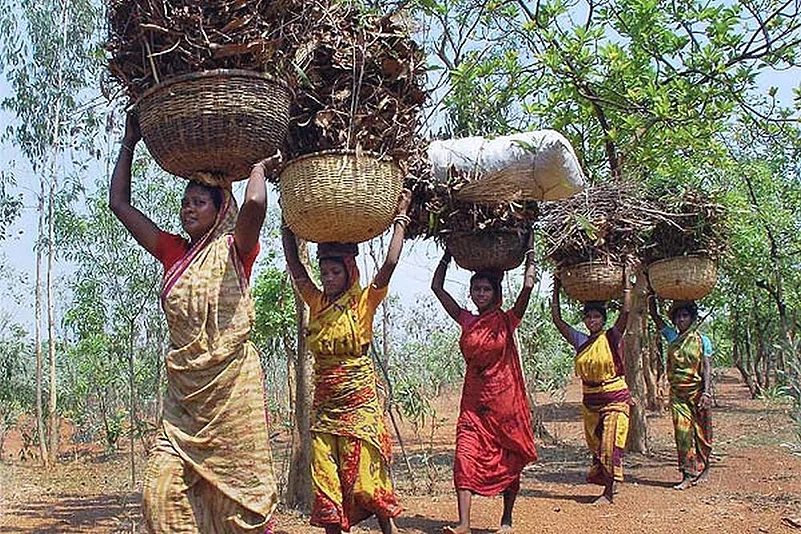The West Bengal Government in an attempt to fill up critical gaps in reaching the fruits of development to the particularly vulnerable tribal groups like Savar (Lodha), Birhore and Totohas, decided to take up a special intervention plan, according to a press note.
As per the Census report of 2011, the Savar population is around 40,000 of whom 18,000 inhabit Jhargram district, while the 365-strong Birhores are found in the Ayodhya Hills of Purulia district. Totos, with a population of around 1500, live in the Madarihat-Birpara block of Alipurduar district, the note said.
Historically, these tribal groups have occupied the lowest stratum of the society, and have minimal contact with the mainstream. The Government will now be looking at the welfare and protection of the said tribes.
As per the Bangla Awas Yojana (BAY), the special intervention plan includes construction of new dwellings, repair/renovation of houses which are in bad shape as also installation of safe drinking water resources in the tribal habitations.
The plan also envisages creating an opportunity of increased livelihood through Self Help Group based activities like cattle or goat raring, backyard poultry, horticulture, floriculture, orchard and kitchen garden.
Other programmes of development include land development, creating irrigation sources for boosting agriculture and horticulture, extended market linkage of traditional handicraft, imparting skill training and design development, the note said.
Encouraging minor forest produce collection by ensuring Minimum Support Price and market linkage and development of artisan cluster and encouraging small and micro enterprises through concessional loan and subsidy schemes are also part of the plan.
The plan would be rolled out in phases, with the Savars being brought under its ambit initially. The projects would be extended to areas inhabited by the Birhore and Toto by the end of the 2018-19 fiscal.
The state's Tribal Development Department has provided a special kitty of Rs 12.90 crore during the ongoing fiscal for implantation of schemes under the plan.
"This is expected to enhance their livelihood opportunities, encourage them to participate in the state's endeavour of inclusive growth and holistic development," the note added.
IANS


























